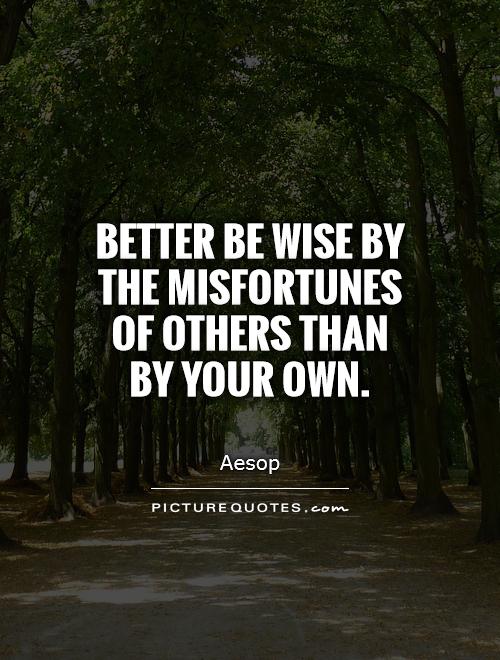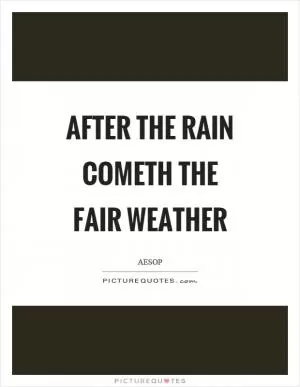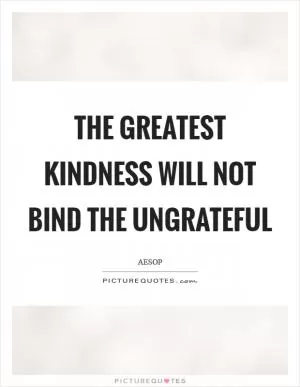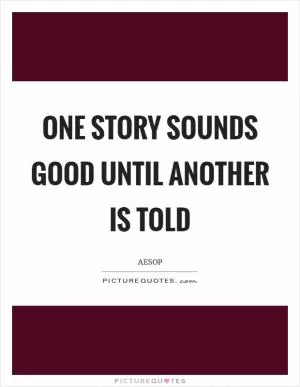Better be wise by the misfortunes of others than by your own

Better be wise by the misfortunes of others than by your own
Aesop, the famous ancient Greek storyteller, is known for his fables that often contain valuable life lessons. One of his most well-known sayings is, “Better be wise by the misfortunes of others than by your own.” This proverb emphasizes the importance of learning from the mistakes and experiences of others in order to avoid making the same errors ourselves.In the context of Aesop’s fables, this saying is particularly relevant. Many of Aesop’s stories feature characters who suffer the consequences of their own foolish actions. For example, in the fable of “The Boy Who Cried Wolf,” a young shepherd repeatedly tricks the villagers into thinking a wolf is attacking his flock, only to find himself in real danger when a wolf actually appears and no one believes him. This cautionary tale teaches us the importance of honesty and the consequences of lying.
By observing the misfortunes of the characters in Aesop’s fables, we can gain valuable insights into human behavior and the consequences of certain actions. We can learn from their mistakes and make wiser choices in our own lives. For example, we can learn the importance of honesty, hard work, and kindness from fables such as “The Tortoise and the Hare” and “The Ant and the Grasshopper.”
In a broader sense, this saying can be applied to our everyday lives. We can learn from the experiences of our friends, family, and colleagues, as well as from historical figures and public figures. By paying attention to the mistakes and misfortunes of others, we can avoid making the same errors ourselves and make better decisions in our own lives.












 Friendship Quotes
Friendship Quotes Love Quotes
Love Quotes Life Quotes
Life Quotes Funny Quotes
Funny Quotes Motivational Quotes
Motivational Quotes Inspirational Quotes
Inspirational Quotes